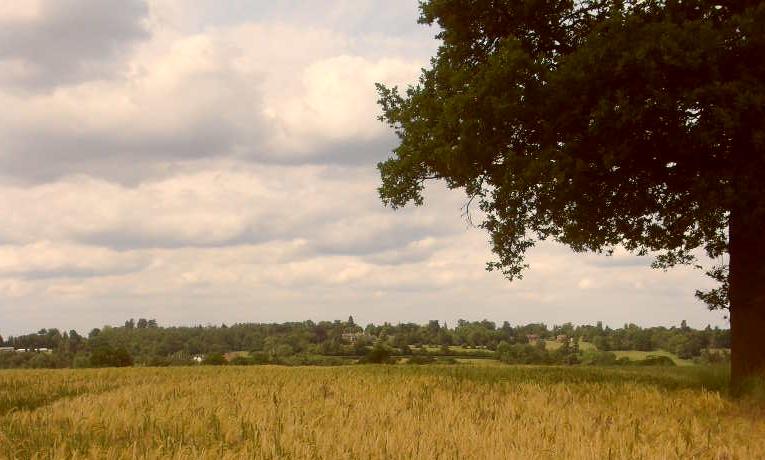Landscape management is essential in creating landscapes that are healthy and that contribute to the well being of communities. In order to have a good quality of life, we need good landscape management to safeguard our natural heritage and also our cultural and historic landscapes. Landscape managers understand our landscapes, how they have evolved, what their geology and soils are and the processes that sustain them. Good landscape management improves quality of life and conserves the natural environment for future generations to enjoy.
Landscape management as a specialist field in ecosystem services.

Landscape management is a specialist part of horticulture; arboricultural and ecology landscape design are related subjects and skills in these fields help landscape managers to keep landscapes healthy. New and existing landscapes require knowledge of the past site management. This enables current landscapes to be properly assessed. Understanding how landscape and community operate and co exist is vital.
Green space management and greenspace maintenance techniques are continually evolving. This is due to the demands we are placing on the earth to supply resources. Due to the effects of climate change that our demands on the earth produce, we now have developed the fields in eco sytem services; sustainable green space management, green roof and drought resistant strains of plants as well as anti flooding designs. SUDs and eco design.
The impact that climate change will have on our landscape and biodiversity will affect how we will be managing our landscapes in the future. There has been a recent decline in provision of the goods and services of nature, with socio economic knock on effects. Past lack of landscape management and spending on ecosytem services is being corrected to replace the lost balance between man and nature.
Landscape management as a tool in tackling the effects of climate change.
The natural environment White Paper and the Ecosystem Markets Taskforce (EMTF) have been set up to recommend the markets that nature can supply. Landscape managers are an essential part of this delivery of green, ecosystem services and landscape management is a key part of the tackling of climate change imbalances caused in ecosystems.
We can determine the success of the landscape management by monitoring of landscape and species. We can monitor landscape mangement and observe how “end users”or visitors to an area of green space with a wildlife pond or Country Park use landscapes. Sensitive long-term care of habitats is important, especially when habitats are well used and under pressure.
Landscape management and Planning Policy.
106 planning agreements landscape management plans and biodiversity offsetting are often most successful on alternative habitats. These need to be well located, well managed alternative sites; where the value of habitats lost can be compensated for adequately. These are a valuable way of offsetting development sites which have restricted space left for habitats, but where compensation is nonetheless needed for habitat loss.
Landscape management plans are one part of Biodiversity offsetting. We increasingly seek new ways of mitigating for the effects of development on habitat loss and individual species. Green space design and part of the mitigation plans for new developments may include landscape management plans and monitoring of green space for the long term benefit of ecology and communities.
Sustainable landscape management brings together all leisure, recreation, amenity and landscape conservation aspects of landscape management. It is a key tool in creating benefits such as improved ecosystem services. Landscape management includes control of pollution, regulation of earth temperatures, urban microclimates, anti flooding design, preventing landslides and other knock on effects or eco system crashes.
Habitat management techniques involve landscape management and biodiversity offsetting. Making areas that comprise of managed green space aswell as human spaces including hard surfacing, towns and villages need landscape management to become more attractive to wildlife. Landscape management thus improves quality of life and produces better environments for future generations to live in. For advice on your project, go to Landvision contact page; or email charmaine@landvision.co.uk
